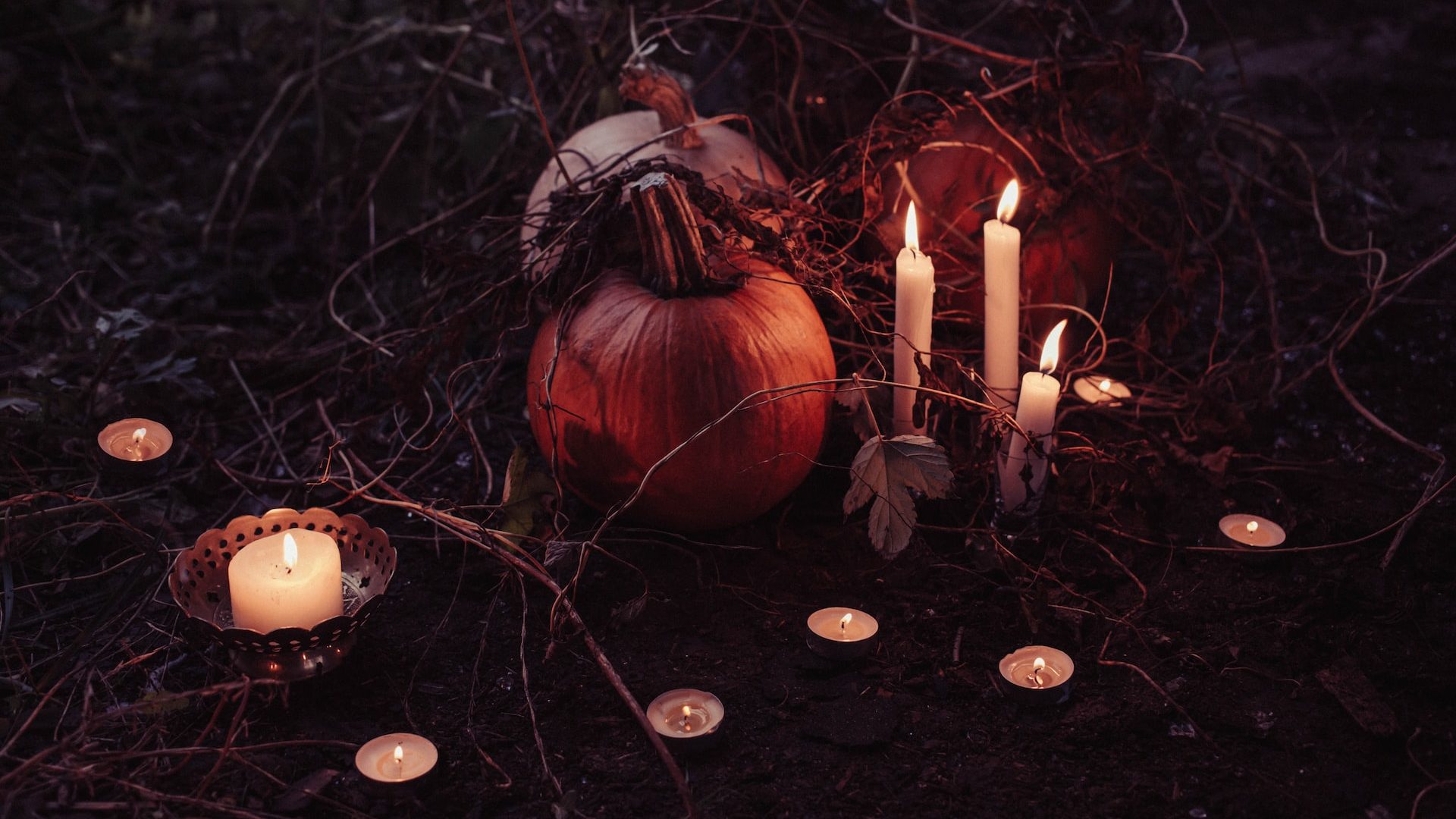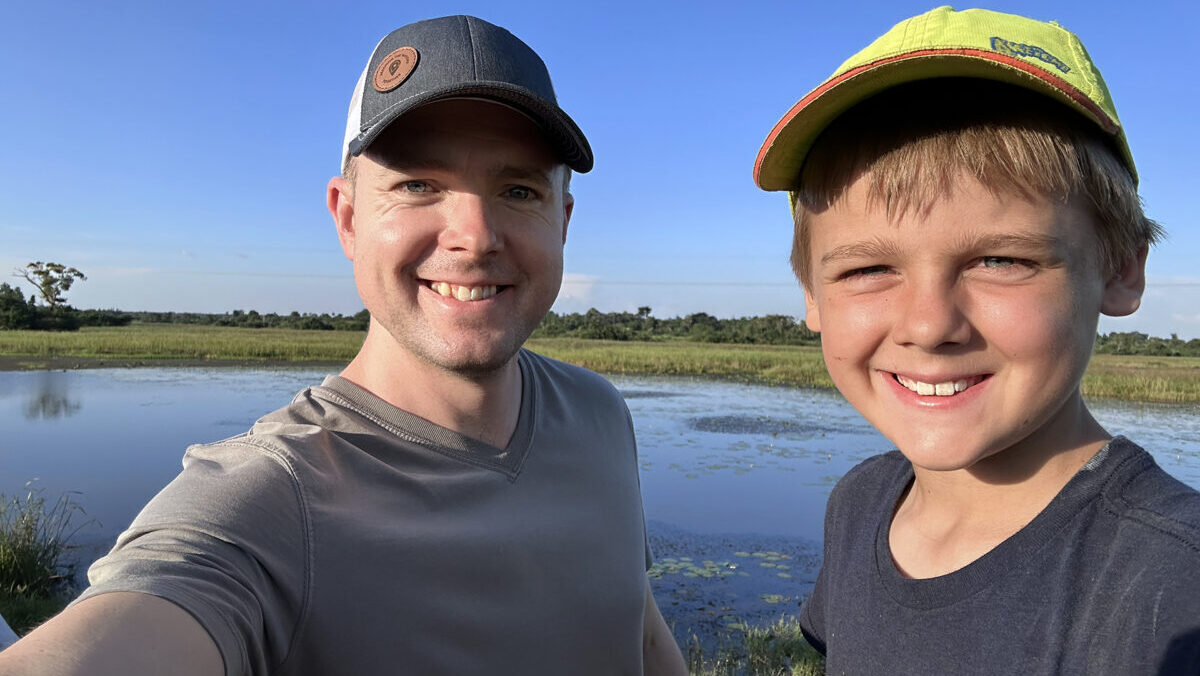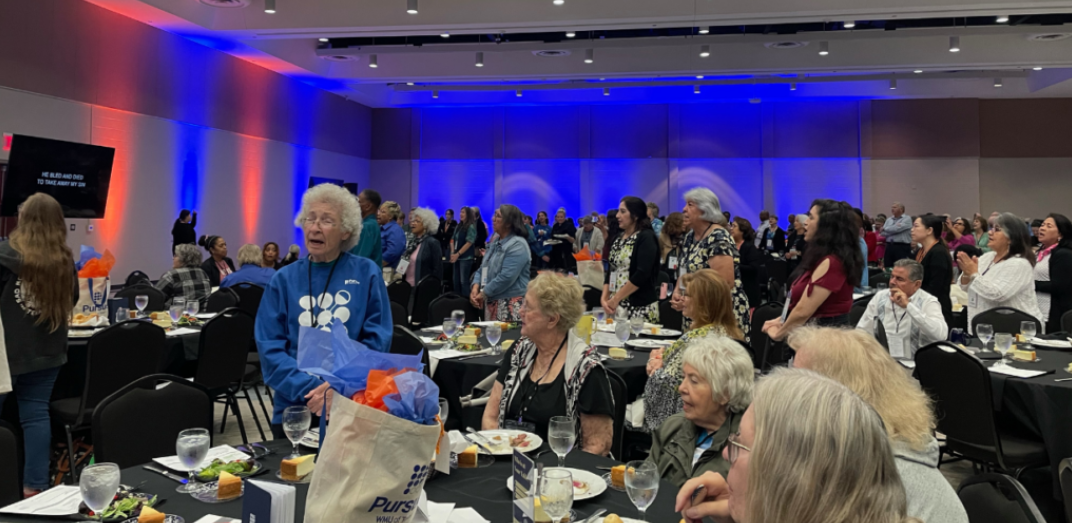A YouGov poll found 2 in 3 Americans (67%) believe they have experienced at least one of 13 paranormal encounters, like seeing an object or hearing a voice without an explanation. For each individual event, however, most say they don’t have a personal experience.
Around a third of U.S. adults say they’ve felt a presence or unknown energy (37%) or heard an unexplained sound or music (33%). Close to 3 in 10 report smelling an unexplained odor (30%), hearing the voice of someone who wasn’t there (29%), or feeling an unexplained change in temperature (28%). A quarter (25%) say they’ve seen lights or other devices turn on or off without explanation. Fewer have had experiences seeing an object move without explanation (22%), seeing unexplained orbs of light (22%), seeing a door open or close without explanation (20%), seeing a spirit or ghost (19%), or seeing unexplained smoke (11%). Around 1 in 10 Americans acknowledge seeing supernatural beings mentioned in Scripture, like angels (13%) or demons (10%).
But even among those reporting those incidents, people are split on the actual cause. Around a third of U.S. adults (35%) believe their experiences come from otherworldly or supernatural means. Fewer (29%) say it’s more likely those encounters have a scientific explanation. Others (36%) aren’t sure.
Additionally, a quarter of Americans (25%) believe they have lived in a haunted house. Those who say they’ve had that experience are far more likely, often two to three times as much, to say they’ve experienced one of the other paranormal encounters. In fact, most purported haunted house residents say they have experienced seven of the 13 paranormal encounters.
Paranormal powers
Americans are more likely to say they’ve experienced something supernatural outside of themselves than to say they possess those abilities. Around 2 in 5 (39%) say they have one of seven paranormal abilities. One in 4 (24%) believe they can psychically sense others’ emotions or auras, 15% believe they hear voices or sounds from spirits or ghosts, 13% think they can psychically see current events they’re not physically present for, 13% believe they can psychically see past events, 12% say they can psychically see future events, 9% think they can read minds, and 8% believe they can communicate with the dead.
Younger Americans are much more likely to say they have these paranormal abilities. Also, those who report having paranormal abilities are at least twice as likely to say they’ve had one of the 13 paranormal experiences.
Spiritual opportunities
As pastors think about how to address Halloween, it may be worth considering the openness many Americans seem to have toward the supernatural.
Lifeway Research found just over 1 in 8 U.S. Protestant pastors (13%) advise their congregation to completely avoid the holiday. So most pastors encourage some type of Halloween engagement — whether that’s an alternative church event (71%), building relationships with neighbors (58%), or handing out tracts (34%).
It’s worth noting that the least religious generations — the younger generations — are the most open to other supernatural beliefs. This should make it clear to churches that most young people aren’t rejecting faith because they’re embracing a modern secular framework for the world.
Pastors may consider scheduling evangelism training prior to Halloween geared specifically to the topics discussed around this time of year.
As churchgoers form relationships with their neighbors or engage in conversations about the supernatural and spooky, prepare them to naturally turn those discussions toward the gospel.
It doesn’t have to be forced or a canned presentation. But ghost stories offer a natural avenue to discuss life after death. Haunted houses and monsters can open doors to conversations around Jesus defeating evil.
This season could even be a great opportunity for evangelism within the home, as younger kids may see scary scenes and need parents to remind them of God’s victory. It may also give you the opportunity to sing all the lyrics you still remember for “God Is Bigger Than the Boogeyman.”
When culture begins talking about the supernatural, Christians should be ready for those conversations and eager to point people to Jesus and the hope we have within us — even during the scariest seasons of life.
EDITOR’S NOTE — This story was written by Aaron Earls and originally published by Lifeway Research.








